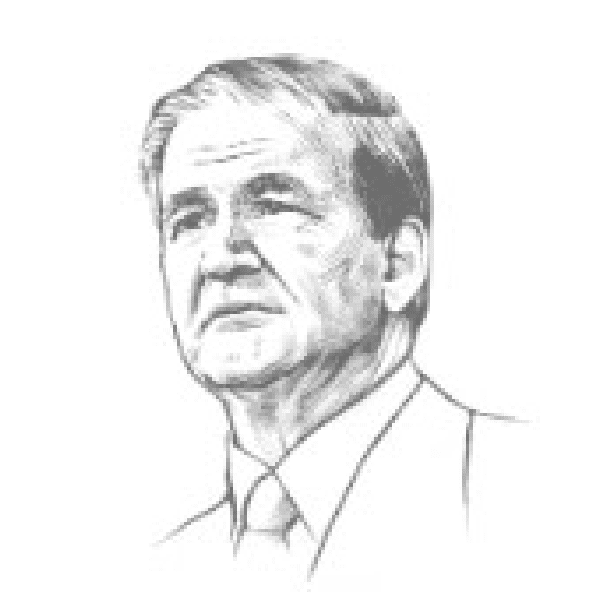A Time for Unity
After the blowing up of the Maine in Havana harbor in 1898, McKinley issued a call for 25,000 volunteers to liberate Cuba from Spain. 1,000,000 responded. When the Japanese bombed Pearl Harbor, the lines at recruiting stations went around the block.
This war is different. It is a war the president and Secretary Powell said they did not want to fight but must if Iraq refuses to disarm. Thus, on the eve of war, the mood here seems less one of war enthusiasm than of resignation and a grim resolve to get it over with.
The war debate has been protracted and bitter. Now it is over, and patriotism commands that when American soldiers face death in battle, the American people unite behind them.
Yet before the first shot is fired, it is clear the world we knew has changed forever. Old institutions have been shaken, old alliances riven. Some will not be rebuilt or repaired in our lifetimes.
How far away seems Sept. 11. After that horror, Le Monde headlined France’s solidarity with us: “We are all Americans now!”
Yet, only 18 months later, President Bush had to meet his British and Spanish allies at a U.S. air base on an isolated rock in the Atlantic. Had he gone to Madrid or London, mammoth protests would have disrupted his war summit.
NATO is shattered. For France and Germany were not content to dissent. President Chirac labored ceaselessly to sabotage U.S. policy and strip it of legitimacy. Neither his nor Gerhard Schroeder’s relationship with President Bush can ever be the same. And the British are as bitter with Chirac as the Americans. The European Union is a house divided.
As we write, Turkey appears about to reverse its parliamentary decision to deny U.S. troops use of Turkish soil to open a second front. But the stinging rebuff from our ally of 50 years will not be forgotten.
As for the UN, the benefit of two generations of indoctrination of American school kids in the myth that it is the last best hope of mankind has been lost. Should U.S. casualties be high, contempt for the UN will be pandemic.
In the Arab world, resentment of the United States and its policies has never been greater. And if war brings nightly pictures of Iraqi dead and wounded and civilians fleeing U.S. bombs in terror, the recruiters for al-Qaeda will reap a rich harvest.
In Europe, 80 to 90 percent oppose war. Tens of millions despise our president, even in Britain, Spain, and Italy. Governments in Eastern Europe are with us, but the people are not.
The question arises: why were we and the Brits so isolated diplomatically and militarily as we go to war to rid the world of the beast of Baghdad?
America led the world to victory in the Cold War. We remain the world’s lone superpower, dominant in ways the British Empire never was. But as war looms, we no longer lead the world, for the world refuses to follow. In Asia, Europe, and Latin American, tens of millions now see us as a rogue superpower. Why?
The New World Order of George H. W. Bush’s vision, where the United States would work through the UN to police the world, as free trade spread and democratization deepened, can now never be realized by his son. The Clinton vision, where America would nurture the institutions of world government that would grow in power to constrain the sovereignty of nations to create world peace, is also dead.
What is America’s vision now? What is our president’s vision of our place and our role in the world?
Interventionism appears to have bred the very isolation that the interventionists most feared. Yet, once Saddam is dead or gone and Iraq is disarmed, the Bush Doctrine—“We will not let the world’s worst dictators threaten us the world’s worst weapons”—seems to require new ultimatums to Iran and North Korea.
Who will be with us in these wars? Will Tony Blair, after his near-death experience, be up for fighting another war? Where does the last superpower go after Baghdad? These questions are ahead of this nation and this president.
But today’s imperative is that the United States win this war we are in with as little bloodshed as is consistent with swift and certain victory and make good on our commitment to liberate the Iraqis. The time for debate will come again. It is not now. Now, we should pray for our brave men and women and commander in chief. God bless and keep America.

Comments